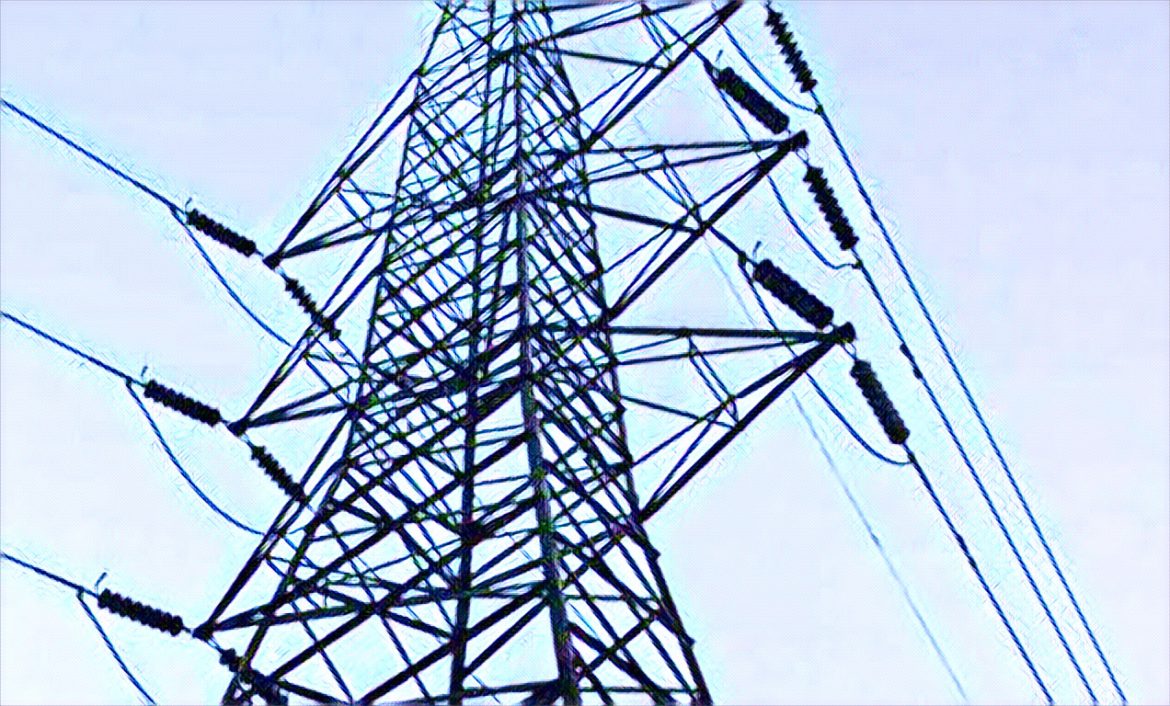Businesses across Nigeria are voicing their frustrations over the deteriorating state of the country’s power supply, a situation that has compelled them to depend heavily on costly alternative energy sources. This reliance is deemed unsustainable and poses a significant threat to their survival. In recent weeks, the distribution companies (DisCos) have cited various reasons for the persistent decline in power availability for both commercial and residential consumers. However, the reality for industries is grim as they are pushed to rely on diesel and petrol-powered generators to maintain operations.
Chinedu Grace Otakpor-Azih, Managing Director of Kazih Kits Limited, shared her struggles with the ongoing power issues, noting how the company juggles between diesel and petrol generators to keep production running. “The light situation is very poor… Despite using fuel to produce, we cannot increase prices so much because the economy is bad in general,” she lamented. The soaring costs of raw materials, coupled with escalating fuel expenses and other operating costs, are severely impacting production, pushing businesses to consider sourcing materials locally despite quality concerns.
According to a report by The Guardian, Future Hope Interior Designs Limited has faced similar challenges, according to manager Dapo Salau, who highlighted the drastic measures the company has taken, including layoffs and reduced production. The escalating cost of diesel has made operations unsustainable, leading to fears of a complete shutdown if conditions do not improve. “Please let the authorities in charge save our businesses and livelihoods by giving us constant power,” Salau pleaded.
Echoing the sentiment, Frank Ike Onyebu, the immediate past chairperson of the Manufacturers Association of Nigeria (MAN) Apapa branch, described the power supply as “7/24,” indicating the scarcity of electricity even in industrial estates. He criticized the outdated infrastructure still in use by the DisCos and the lack of significant improvements despite government reforms. “In the last two weeks, we have used 30,000 litres of diesel… If this government is serious about preventing this industry from total collapse, power must be fixed immediately,” Onyebu urged.
As businesses across Nigeria grapple with the dual pressures of unreliable power supply and skyrocketing energy costs, the call for immediate government intervention grows louder. The current power crisis not only threatens the operational viability of companies but also poses broader economic implications, underscoring the urgent need for comprehensive and effective solutions to restore stability and support the nation’s industries.



